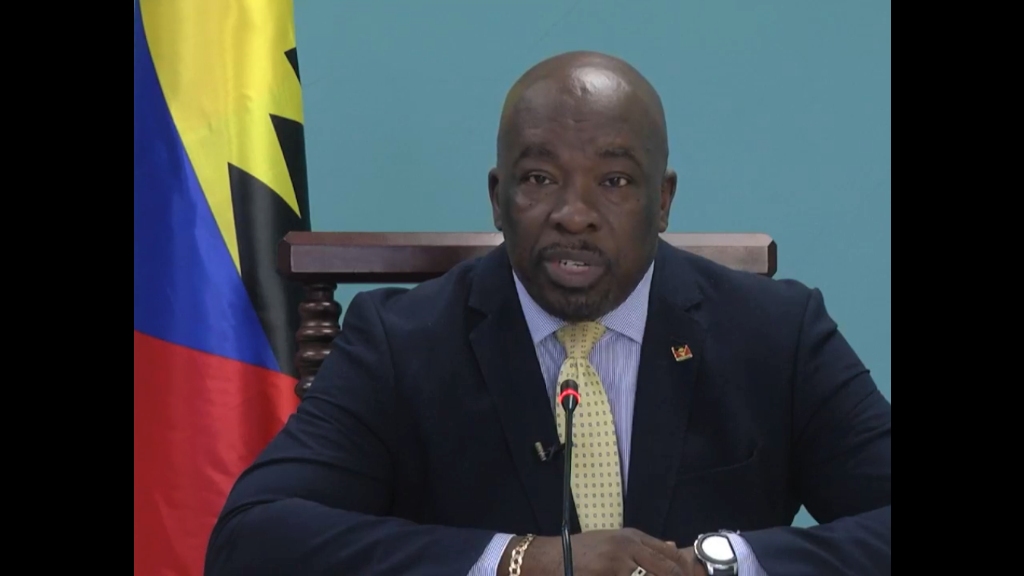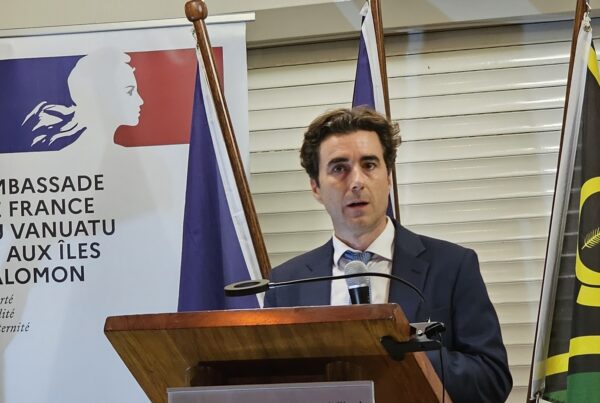Information Minister Melford Nicholas has lamented “bullying tactics” by the European Commission and other international bodies, following the EU’s blacklisting of Antigua and Barbuda as a non-cooperative tax jurisdiction.
The twin island nation, along with Belize and the Seychelles, was added last week to the EU’s list of countries that have either not engaged in constructive dialogue with the EU on tax governance or failed to deliver on their commitments to implement the necessary reforms.
In a press statement, the EU Council said these countries were found to be lacking with regard to the exchange of tax information on request — its criterion 1.2. This was assessed by a Code of Conduct Group who reviews peer-reviewed reports issued by the Global Forum.
Nicholas told reporters at yesterday’s post-Cabinet press briefing that the situation amounted to, in his opinion, continuous “bullying tactics”.
“The idea of small island states having to continually amend legislation, amend protocols to satisfy the obligations of the Financial Action Task Force (FATF) and other international bodies has been the continual bane on our small island developing state and the effect of all of these [pressure] has literally wiped out the offshore financial sector in a number of Caribbean states, including Antigua and Barbados,” he stated yesterday.
The Cabinet spokesperson said he was confident that whatever issues caused Antigua and Barbuda to be placed on the EU blacklist would be rectified shortly.
“As much as possible, we try to be compliant and, in many instances, where there is a disjointed response, meaning that there has to be a delay for internal consideration for what the implication would be for us, these things happen invariably,” he explained.
The European Council, amongst other international bodies, has long targeted countries that operate Citizenship by Investment Programmes (CIP), citing security concerns.
Nicholas said the constant pressure from international bodies has not always been in the spirit of multilateral cooperation.
“There are times when requirements are made and we have to allow a period of negotiations so that they are in a position to put you on a list to force compliance…it is a tried and worn out method that they have imposed on us for a long time, but it is not always a friendly way that they have gone about doing this,” he noted.





